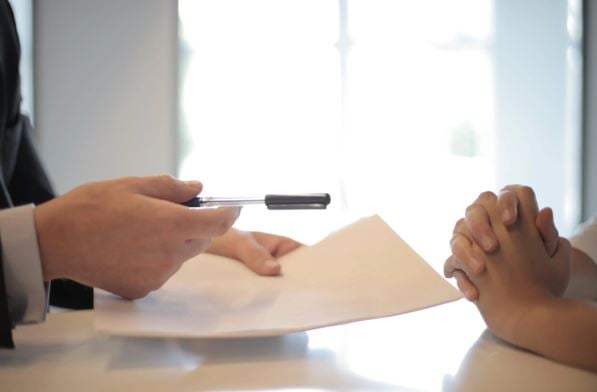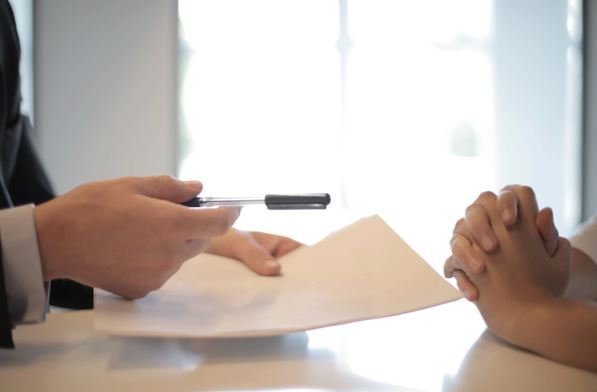
Owning and managing a rental property might seem like a challenging task, but with the right strategies in place, it can be a rewarding venture. From preparing your property for rent to handling financial matters, we’ve got you covered with this comprehensive guide.
1. Inspect Regularly
Inspections are your proactive tool to catch any maintenance issues before they escalate. They also provide a clear record of the property’s condition, which can be crucial during tenant turnovers or disputes.
When to Conduct Inspections:
- Move-In Inspection: Document the property’s condition before tenants move in. This sets a benchmark for its condition when they move out.
- Routine Inspections: Schedule regular inspections, perhaps every six months, to ensure everything is in order.
- Move-Out Inspection: Compare the property’s condition at move-out to the move-in condition to assess damages and deductions from the security deposit.
Encourage your tenants to report minor issues. It’s better to fix a leak when it’s small than to replace a whole ceiling later.
It’s vital to differentiate between natural wear and tear and actual damage when assessing repair needs or returning security deposits.
2. Understand the Importance of Regular Maintenance
Routine maintenance not only keeps your property in tip-top shape, but it can also save you money in the long run by preventing larger, more expensive problems down the road.
Routine maintenance is like preventive medicine for your property. It prevents small issues from snowballing into major problems, saving you money and hassles in the long run. Moreover, well-maintained properties attract higher-quality tenants who appreciate and respect their living spaces.
What’s Involved?
- HVAC Systems: Regularly service heating, ventilation, and air conditioning systems to ensure they run efficiently.
- Plumbing: Check for leaks, clogs, and water pressure issues. Fixing these promptly prevents water damage and mold growth.
- Electrical Systems: Inspect and test outlets, switches, and circuit breakers to ensure safety.
- Roof and Gutters: Regularly inspect for leaks, damaged shingles, and clean out gutters to prevent water buildup.
- Paint and Flooring: Touch up paint and repair flooring to maintain a fresh and appealing appearance.
- Appliances: Check and maintain appliances like refrigerators, stoves, and dishwashers to extend their lifespan.
3․ Prioritize Safety
Ensuring the safety of your rental property is paramount. It goes beyond ticking boxes on a compliance list – it’s about the well-being of your tenants and the trust they place in you as a landlord. Remember, a safe home is a happy home, and happy tenants often translate to long-term tenants. Here’s how to integrate safety into every facet of your rental property management.
- Smoke Detectors: These should be installed in every bedroom and on every floor, including basements. Ensure they are tested regularly, and batteries are replaced as needed.
- Carbon Monoxide Detectors: These are essential in properties with fuel-burning appliances or an attached garage. They should be placed near bedrooms and on every living floor.
- Fire Extinguishers: Ensure a working fire extinguisher is available in or near the kitchen and inform tenants of its location. It’s also a good idea to provide tenants with a brief training or guide on how to use it.
- Safety Latches and Locks: For families with young children, safety latches and locks on cabinets containing hazardous substances can be a lifesaver. Offering these can be an attractive feature for potential tenants with kids.
4. Choose the Right Insurance Policies
Protecting your investment and your tenants is crucial, and insurance plays a vital role.
How to Do It:
- Landlord Insurance: This covers property damage, liability, and even lost rental income.
- Renter’s Insurance: Encourage your tenants to get renter’s insurance to protect their belongings.
5. Screen and Select Tenants
Choosing reliable and responsible tenants is essential for a smooth rental experience. With that in mind, do the following steps:
- Tenant Application: Have potential tenants fill out an application form to gather the necessary information.
- Background Checks: Screen applicants for credit history, rental history, and criminal records.
- Reference Checks: Contact previous landlords to get insights into their rental behavior.
6. Organize Rent Collection and Lease Signing
Setting clear expectations and managing payments efficiently is key. Consider these steps for that:
- Lease Agreement: Draft a detailed lease agreement that outlines rules, responsibilities, and rent payment terms.
- Security Deposit: Collect a security deposit to cover potential damages.
- Rent Collection Methods: Decide on a convenient method for rent collection, such as online platforms.
7. Provide a Seamless Communication
When tenants know they can reach out to their landlord with concerns, questions, or even simple clarifications, it cultivates a sense of security and community. They feel that their well-being and comfort matter.
Tips for Streamlined Communication
- Open Multiple Channels of Communication
- Phone: Always ensure that your tenants have a reliable phone number to reach you.
- Email: This medium is perfect for less time-sensitive communications or for sending official documents, reminders, and updates.
- Dedicated Apps: There are property management apps available that serve as a dedicated communication channel between landlords and tenants. These apps often allow for maintenance requests, document sharing, and more.
- Respond Promptly
- Acknowledge Receipt: Even if you can’t address a concern immediately, a simple acknowledgment lets the tenant know you’ve received their message and will attend to it soon.
- Set a Timeframe: Provide a general timeframe for when you’ll address non-urgent issues. For instance, “I’ll have the leak in the kitchen looked at by Wednesday.”
- Emergency Line: If possible, provide an emergency contact number for urgent issues like major leaks, electrical problems, or security concerns.
- Clear Documentation
- Written Records: Whenever there are significant communications about repairs, lease renewals, or other important matters, keep a written record. This prevents misunderstandings and provides clarity.
- Updates and Notices: If there are any changes that might affect the tenant, such as planned construction nearby or water shutdowns, inform them well in advance.
Managing your own rental property can be rewarding both financially and personally. Emphasizing maintenance and repairs in rental properties ensures that your property remains a lucrative investment for years to come. So, roll up those sleeves and take a proactive approach. Your property, and your wallet, will thank you!
Interesting Related Article: “Maximizing Vacation Rental Revenue: The Role of Vacation Rental Web Design and Channel Management Integration“







